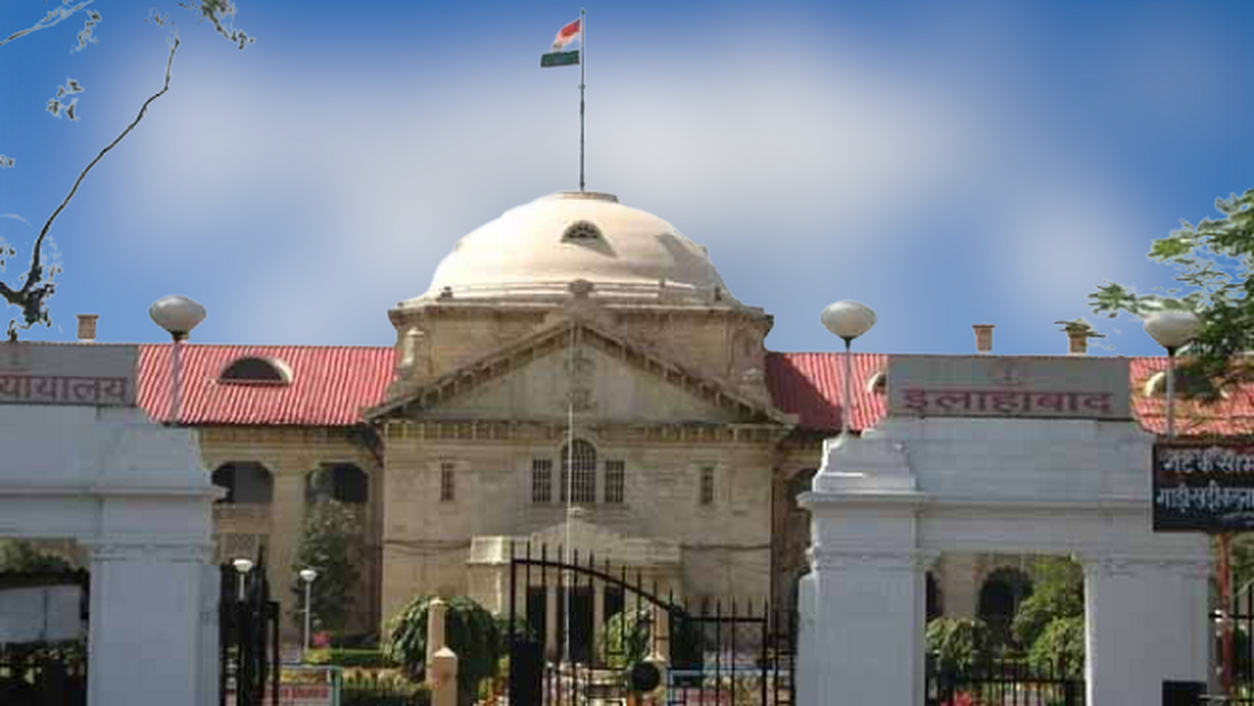Under Sec 319 CrPC court can summon those not named in chargesheet to face trial, to prevent real perpetrator of offence from getting away unpunished: Allahabad HC

Read Judgment: Adesh Tyagi vs. State of U.P & Another
LE Correspondent
Prayagraj, August 23, 2021: The Allahabad High Court has ruled that where the investigating agency for any reason does not array one of the real culprits as an accused, the court is not powerless in calling the said accused to face trial.
The power under section 319 of the Code of Criminal Procedure (CrPC) to summon even those persons who are not named in the chargesheet to appear and face trial, is unquestionable, added the High Court.
The Single Bench of Justice Yogendra Kumar Srivastav found it inappropriate to deny the existence of powers u/s 319 CrPC with the courts, observing that it is not uncommon that the real accused, at times, get away by manipulating the investigating and/or the prosecuting agency.
Reiterating that the object of the provision being not to allow a person who deserves to be tried to go scot-free by being not arraigned in the trial in-spite of possibility of his complicity which can be gathered from the evidence during the course of trial, Justice Srivastav said that the order passed u/s 319 of CrPC summoning the applicant does not contain any material error so as to warrant inference.
The observation came pursuant to lodging of an FIR u/s 489-B of IPC by the Branch Manager, SBI, alleging deposit of counterfeit currency notes at the cash counter of the Bank by the accused no.2 and acceptance of the same by the accused no.1 (cashier).
During the course of trial, an application was moved by the prosecution stating that despite the two prosecution witnesses having taken the name of the applicant in their examination in chief and also the name of the said accused having specifically been mentioned in the FIR, the police report did not mention his name.
The said application came to be allowed by the ASJ upon noticing the FIR version and also the statements of the two prosecution witnesses, and the applicant was summoned for trial.
The counsel for the applicant assailed the order passed by the trial judge summoning the applicant in exercise of powers u/s 319 of the CrPC, contending that the Investigating Officer did not find sufficient material against the applicant and no chargesheet was submitted against him.
On the other hand, the counsel for the State argued that applicant was named in the FIR and the testimony before the trial judge would be required to be given more weight than the statements recorded by the investigating officer during the course of investigation.
After considering the arguments, the Allahabad High Court found that the ambit and scope of the powers of the Magistrate u/s 319 of CrPC were considered in the Constitution Bench judgment of the Supreme Court in Hardeep Singh and others vs. State of Punjab [(2014) 3 SCC 92], wherein it was held that the object of the provision is that the real culprit should not get away unpunished and in a situation where the investigating agency for any reason does not array one of the real culprits as an accused, the court is not powerless in calling the said accused to face trial.
The High Court further found that the legislature thought of incorporating provisions of Section 319 Code of Criminal Procedure, so that the real perpetrator of an offence should not get away unpunished, on the presumption of innocence under general law of the land.
“Section 319 CrPC allows the court to proceed against any person who is not an accused in a case before it. Thus, the person against whom summons are issued in exercise of such powers, has to necessarily not be an accused already facing trial. He can either be a person named in Column 2 of the chargesheet filed u/s 173 Code of Criminal Procedure or a person whose name has been disclosed in any material before the court that is to be considered for the purpose of trying the offence, but not investigated,” observed the Bench.
The High Court further went on to observe that the evidence before the trial judge being indicative of the complicity of the applicant, though not arraigned as an accused in the chargesheet, it was open to the trial court to form a view that the applicant be tried together with the accused, and for the said purpose summon the applicant in exercise of powers u/s 319 of CrPC.
The contention which has been sought to be raised placing reliance upon the material collected by the investigating officer during the course of investigation, for the purpose of exercise of powers u/s 319 of CrPC, thus cannot be accepted, added the Court.
Sign up for our weekly newsletter to stay up to date on our product, events featured blog, special offer and all of the exciting things that take place here at Legitquest.




Add a Comment